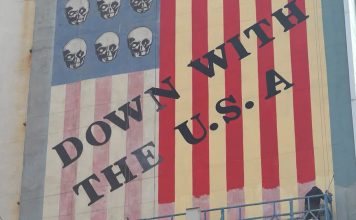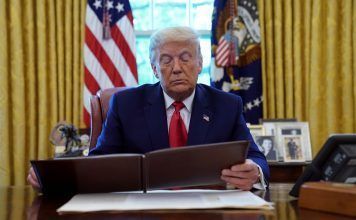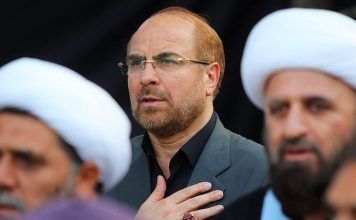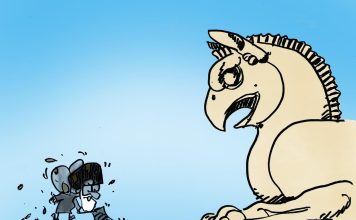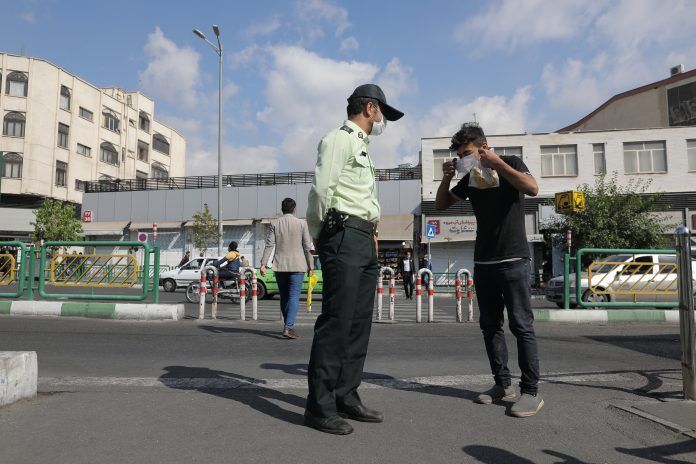
DUBAI, Oct 11 (Reuters) – Iran plans to make mask-wearing mandatory in public in other large cities after imposing it in Tehran to fight rising coronavirus infections, the health minister said on Sunday, as the country’s nuclear chief became the latest infected official.
Mask-wearing became mandatory in public in the capital on Saturday and President Hassan Rouhani announced that violators would be fined.
Face Masks Made Compulsory in Public in Tehran as COVID Toll Rises
“We have asked the police and the Basij (paramilitary volunteers) and other agencies to help us .. fight violations more severely,” Health Minister Saeed Namaki said.
“It has been decided that this action would start from Tehran and will be extended to other large cities in the coming weeks,” Namaki said in remarks carried by state television.
Iran registered 251 new COVID-19 deaths in the past 24 hours, a record daily toll, the health ministry said, as the total number of identified cases rose above 500,000 in the worst-hit country in the Middle East.
Ministry spokeswoman Sima Sadat Lari told state TV the latest tally took Iran‘s death toll to 28,544. There were 3,822 new cases, with the total of identified cases reaching 500,075.
Meanwhile, Iranian media reported that Ali Akbar Salehi, head of the Atomic Energy Organization of Iran, had tested positive for COVID-19 but that “his general condition is good and he continuously monitors the issues of the organization”.
On Saturday, Mohammad-Baqer Nobakht, a vice president in charge of economic planning, said he had also tested positive. Two other vice presidents had been infected earlier and at least two senior officials have died of COVID-19.
Masks have been compulsory in indoor public spaces since July. Schools, mosques, shops, restaurants and other public institutions in Tehran closed for a week on Oct. 3 and the governor extended the closure on Friday for another week.
The rial hit a new low verses the U.S. dollar as the COVID-19 death toll compounded worries over new U.S. sanctions that may block some of Iran‘s medicine purchases.
([email protected], Editing by William Maclean)

